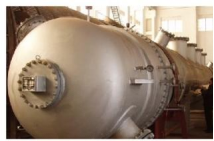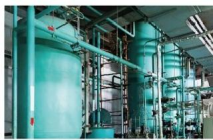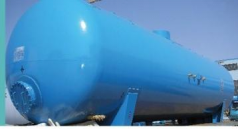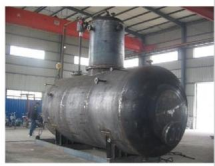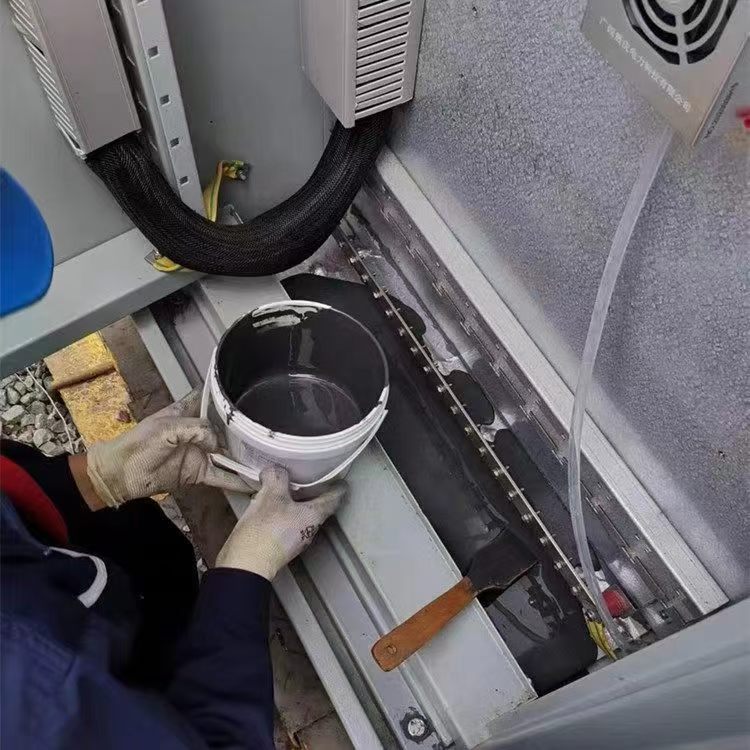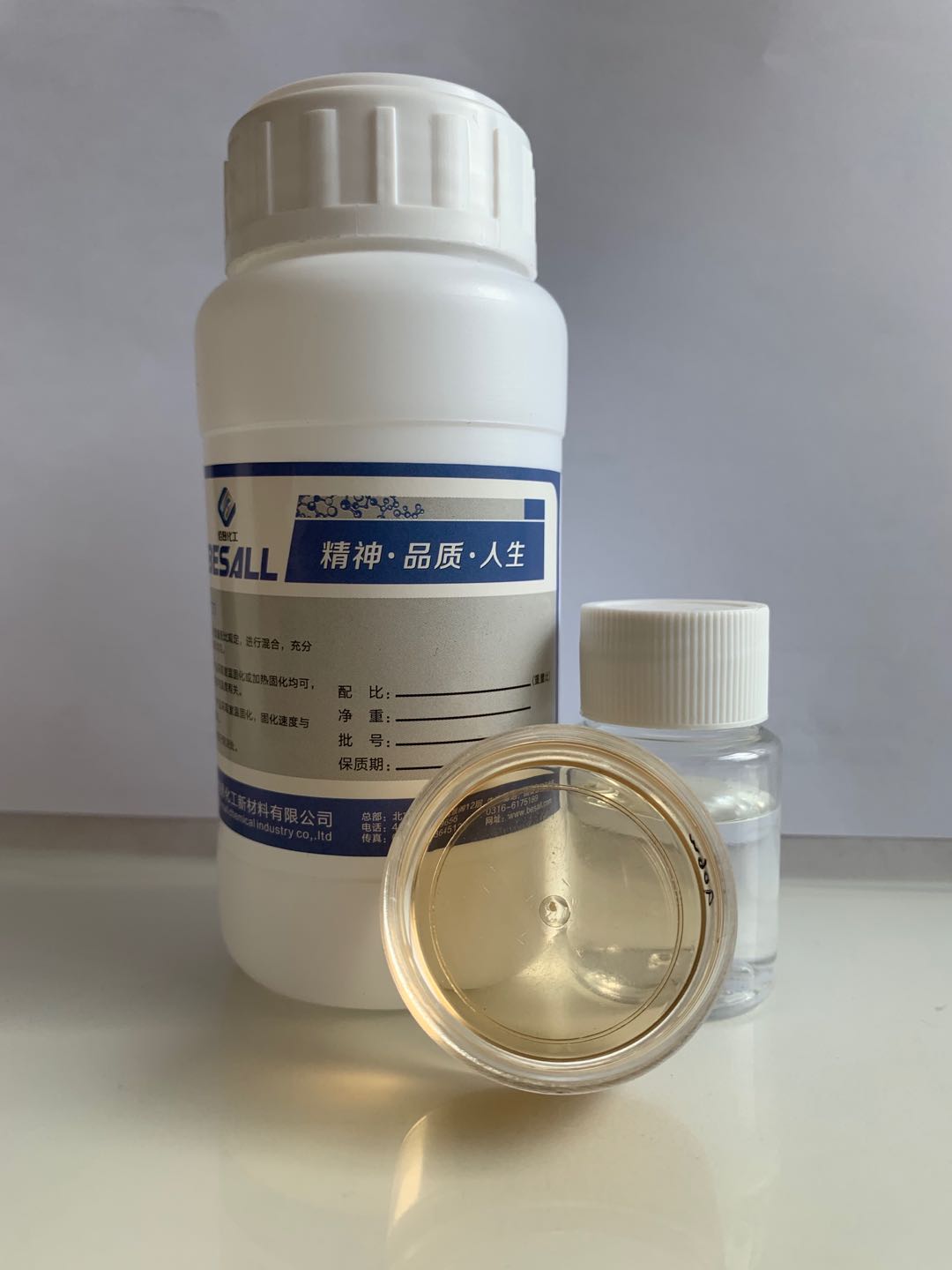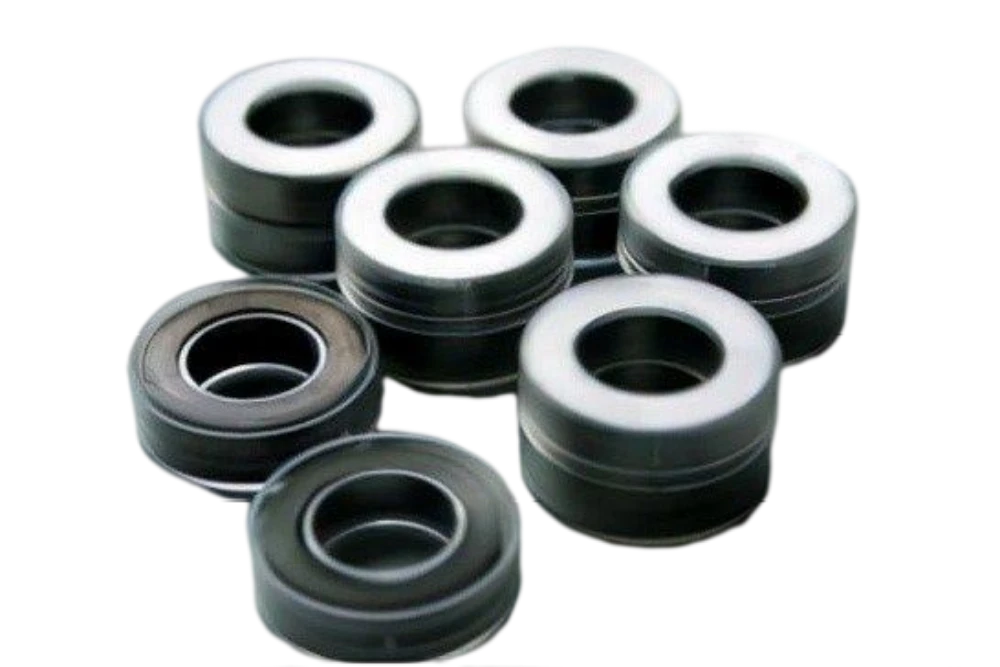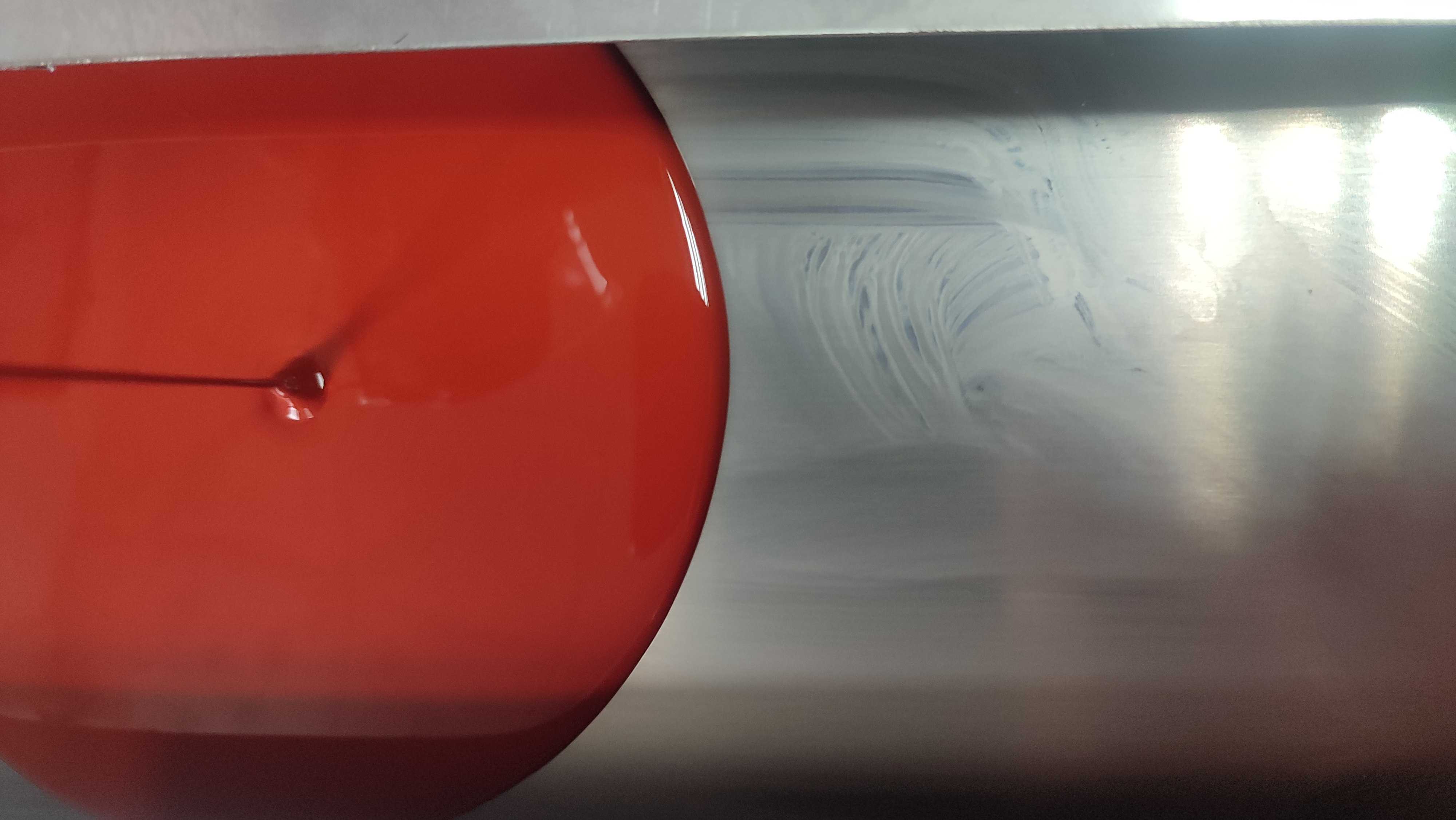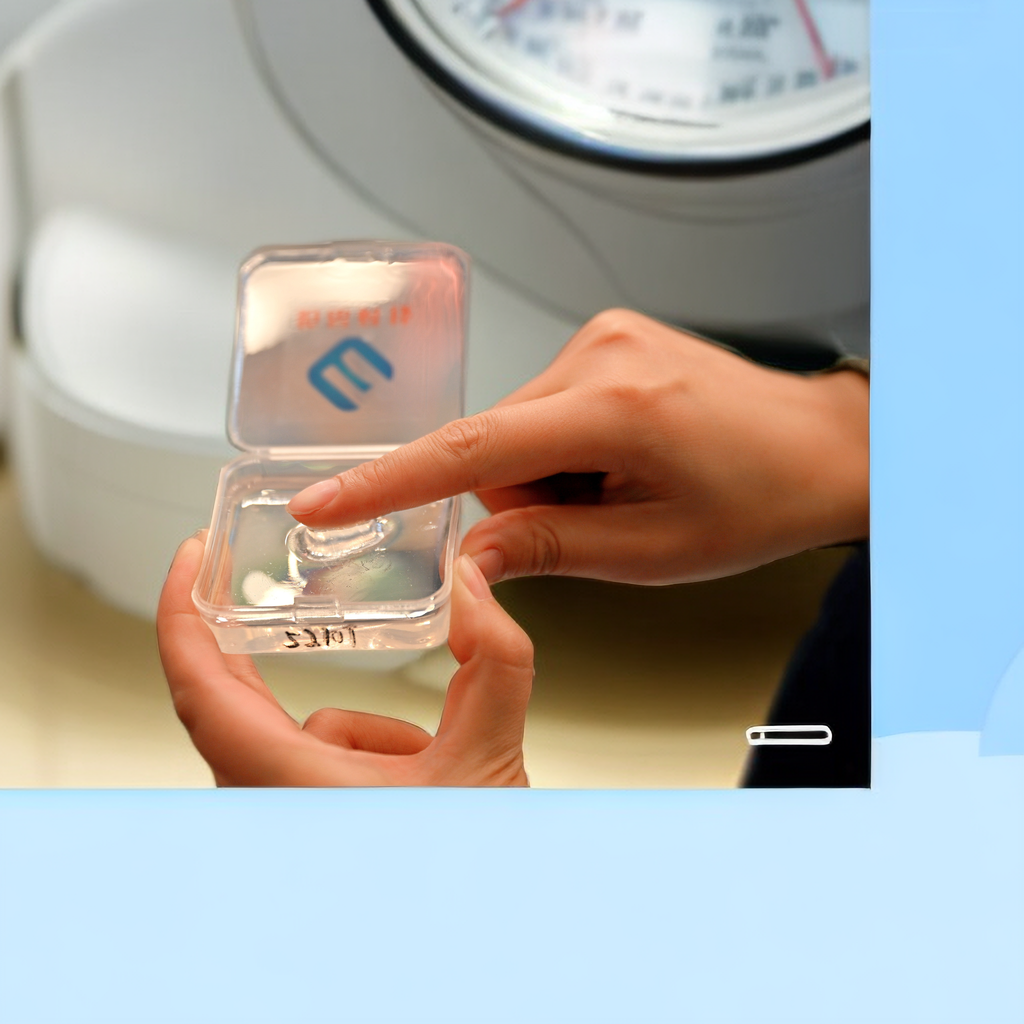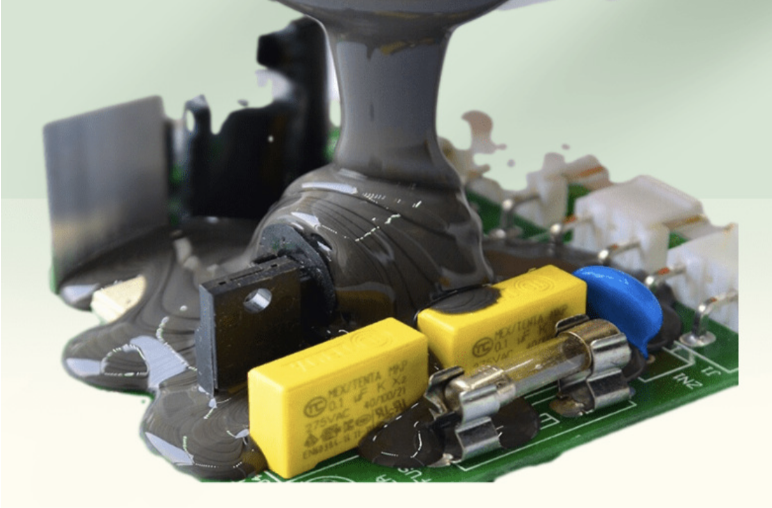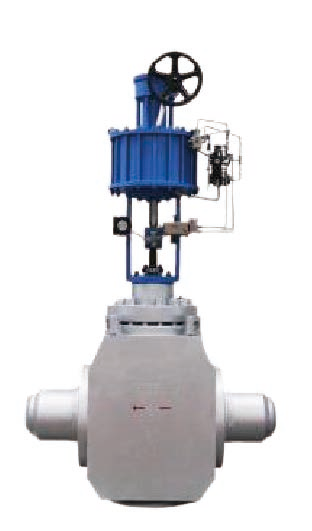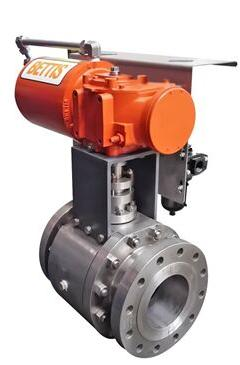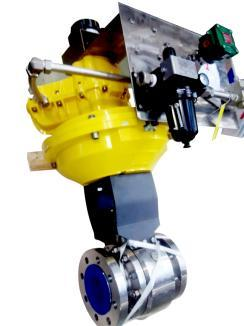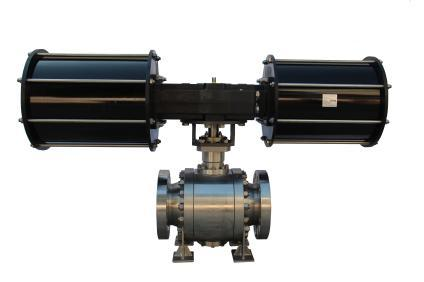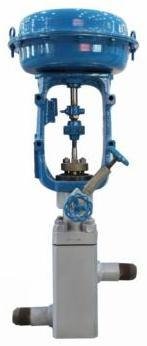Wedoany.com Report-Apr. 16, Primetals Technologies (London, U.K.), Mitsubishi Corporation (Tokyo), Rio Tinto (London), and voestalpine (Linz, Austria) have signed an agreement to develop advanced ironmaking technologies. The collaboration will establish an industrial-scale prototype plant in Linz, Austria, using hydrogen-based direct reduction and smelting to produce iron with minimal CO2 emissions. The facility is set to begin operations in mid-2027.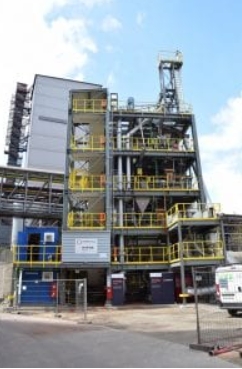
The pilot plant in Austria has been operating since 2021
The project employs Primetals Technologies’ HYFOR and Smelter technologies. HYFOR enables direct reduction of iron ore fines without agglomeration, a process tested successfully since 2021 at a pilot plant in Donawitz, Austria. The Smelter, powered by renewable energy, melts and refines direct reduced iron into hot metal for steel production, aiming for near-zero CO2 emissions.
“This project represents a significant advancement in future-proof ironmaking – for the first time, we will implement a continuous production process with hydrogen-based direct reduction,” said Alexander Fleischanderl, Chief Technology Officer and Head of Green Steel at Primetals Technologies. “The combination of HYFOR and Smelter is a highly innovative development with the potential to transform the industry.”
“Mining and trading of ferrous raw materials has been one of our core businesses for many decades, and we envision developing a new supply of low-emission metallics to support steel decarbonization,” said Kenichiro Tauchi, COO, Ferrous Raw Materials Division of Mitsubishi Corporation. “We are excited to participate in the development of these groundbreaking technologies.”
“With greentec steel, voestalpine has a clear phased plan for steel production with net-zero CO2 emissions,” said Herbert Eibensteiner, CEO of voestalpine AG. “Our long-term strategy is to use green hydrogen to achieve carbon-neutral steel production.”
Rio Tinto will supply 70% of the iron ore from its global operations and provide technical expertise. “We are delighted to join a consortium that encompasses the entire iron and steelmaking value chain,” said Thomas Apffel, Rio Tinto General Manager, Steel Decarbonization. “This fines-based ironmaking solution presents a compelling alternative to shaft furnace technology.”
The project is supported by Austria’s “Transformation of Industry” and “Twin Transition” programs, as well as the European Union’s Research Fund for Coal and Steel and Clean Hydrogen Partnership. The initiative aims to advance sustainable steel production, offering insights for global industries seeking low-emission solutions.
